Still basking in the euphoria of commercializing sub-Saharan Africa’s first genetically modified (GM) food crop — insect-resistant cowpea —Nigeria has begun moving toward the environmental release of an improved GM rice.
Nigerian scientists and their counterparts in other African countries are currently meeting in Abuja to begin compiling a dossier for a national performance trial on the high-yielding nitrogen-efficient, water-efficient, salt-tolerant (NEWEST) rice. The completed dossier will be sent to the National Biosafety Management Agency (NBMA), which regulates the country’s GM products.
The scientists said the improved rice variety will be a game-changer for Nigeria and Africa because it will increase rice production in the continent. Through the use of biotechnology, NEWEST rice is able to resist drought, withstand salty soil and make use of limited nitrogen in the soil, thus reducing the need for fertilizer.
NEWEST rice has already undergone confined field trials at the National Cereal Research Institute (NCRI) at Badeggi in Niger State and is now ready for the next step, which is the national performance trial, said Dr. Kayode Sanni, the rice project manager for the African Agricultural Technology Foundation (AATF). The NEWEST rice project is a collaboration of AATF, NCRI, the Agricultural Research Council of Nigeria (ARCN) and other partners.
Though rice is one of Nigeria’s major staple foods, the country currently must import the product because the conventional rice varieties now grown are low-yielding and unable to meet demand, Sanni explained. Statistics show that Nigeria is the largest producer of rice in Africa and is ranked as the 14th in the global index as of 2019. Despite, this, the nation is still one of the world’s largest rice importers.
A report by PricewaterhouseCoopers Ltd. on boosting rice production in Nigeria noted that the country has a per capita consumption of 32 kilograms of rice. In the past decade, consumption has increased 4.7 percent, almost four times the global consumption average, and reached 6.4 million tonnes in 2017, accounting for about 20 percent of Africa’s consumption.
Given the importance of rice as a staple food in the country, boosting its production has been accorded high priority by the government in the past seven years, according to the report. Since then, significant progress has been recorded, with rice production reaching a peak of 3.7 million tonnes in 2017.
Despite this improvement, the country’s rice statistics suggest there is enormous potential to increase production. Yields have stagnated at 2 tonne per hectare, which is about half the average achieved in Asia. In addition, as population increases, along with rural to urban migration, ensuring food security in key staples becomes critical. However, food security cannot be achieved by a system that depends almost entirely on human muscle power and other manual methods.
Sanni, who is also the leader for Alliance for Hybrid Rice in Africa, based in Nairobi, Kenya, said that although the land area for rice had increased, there is also a need to improve yield — a step that requires technology.
“One of the technologies that we have seen, that can help to improve the usage of the nutrients in the soil, which happens to be one of the biggest challenges, is that we need fertilizer,” he explained. “Every year there is depletion in the soil. In Africa, it has been observed that the nitrogen resource depletes by about 4.4 metric tons per year, so there is a need to supplement that. And one of the ways to sustainably produce this crop is to have crops that can make the best of every little nitrogen that is available in the soil, and that is what we are doing.”
Sanni added: “We have to also be conversant with the fact that the excess use of fertilizer leads to greenhouse gas emissions, which leads to the release of nitrogen oxide into the environment, which leads to environmental pollution. So, the reduction of the quantity of fertilizer that the crop needs helps us to become environmentally friendly even as we produce our rice.
“What this crop will do for our farmers is that it will serve as security for them, and so that when they plant in a land that has no nitrogen, or in a land where they are unable to have access to fertilizer on time, their crop will still give them something that can help them to maintain their livelihood.”
Dr. Aliyu Umar, executive director of NCRI, said the project would contribute immensely to the economic growth of Nigeria while addressing key environmental safety issues by ensuring appropriate nitrogen fertilizer use. He said the NEWESTproject is very important because of the numerous advantages accruing from it and the fact that most of the farmers who grow rice are poor and unable to cover the cost of the inputs.
He added the project would greatly enhance the rice revolution which is taking place currently in the country.
Similarly, Prof. Abdullahi Mustapha, the director-general of the National Biotechnology Development Agency (NABDA), pointed out that Nigeria is losing billions of naira annually owing to the massive importation of rice. He stressed that a lot of job opportunities are lost because of the nation’s inability to produce enough rice.
He lauded President Muhammadu Buhari for placing restrictions on rice importation to encourage more local production of the commodity. Though recent moves had led to an improvement in the rate of locally-grown rice, supply still falls short of local demand as farmers are still unable to meet up with the consumption rate of the continuously increasing population, he said.
The NABDA boss identified nitrogen deficiency and drought as key constraints to rice production in Africa and by extension Nigeria, saying it had been ascertained that production of rice alone was responsible for more than 15 percent of fertilizer usage worldwide.
The improved nitrogen use efficiency within rice production systems could increase crop yields, lower the continent’s nitrogen fertilizer deficit, reduce its soil nutrient depletion and protect water quality, Mustapha said.
With a majority of farmers unable to buy and apply the required rate of fertilizer for optimal yield, nitrogen deficiency remains a key concern, he said. The application of biotechnology tools to improve the quality of local rice seeds will usher the nation into a tremendous avalanche of wealth, job creation and a healthier environment.
“Nitrogen deficiency is predominant in rainfed (both upland and lowland) areas. It is mostly acute in the highly weathered upland areas (about 38 percent of the cultivated rice area) where an average yield of only one tonne per hectare, which is about 25 percent of yield potential, has been recorded. In lowland areas (33 percent of the cultivated rice area), it is difficult to retain applied nitrogen due to floods and flowing water that characterise such areas.
“On the other hand, 80 percent of rice farms traditionally depend on the unreliable rainfall and are unable to afford irrigation facilities, making drought a major concern. Improving the nitrogen use efficiency (NUE) of rice is one means of overcoming the nitrogen deficiency limitation. Estimates indicate that with 50 percent less nitrogen fertilizer, yields would go up by 20 percent more than with conventional rice,” he added.
Speaking on the requirements for dossier submission, review and commercial release of GM crops in Nigeria, Dr. Rufus Ebegba, the director-general of the National Biosafety Management Agency (NBMA), said crops must meet all safety standards before permits are granted. The dossier application process includes public input, as well as consulting with a national biosafety committee and the national biosafety sub technical committee, which work independently to review the dossier.
The recommendations of the national biosafety sub technical committee guide the agency in its final decision based on scientific evidence that the crop will have no environmental impact or risk to human health and will be of economic value to the nation. He pointed out the agency was established to ensure that modern biotechnology is deployed safely to enhance the economy of the nation, particularly the agricultural sector and the production of raw materials for industry.
BY NKECHI ISAAC




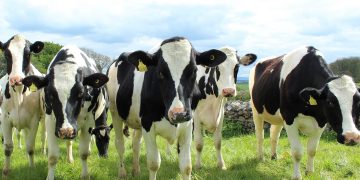
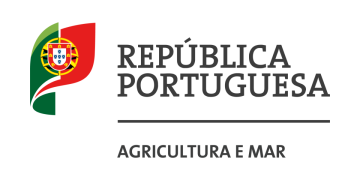
















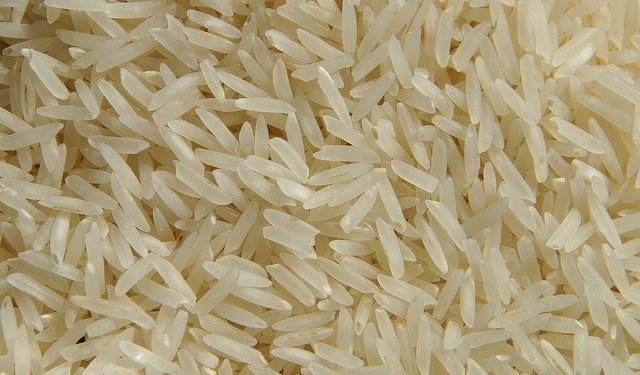
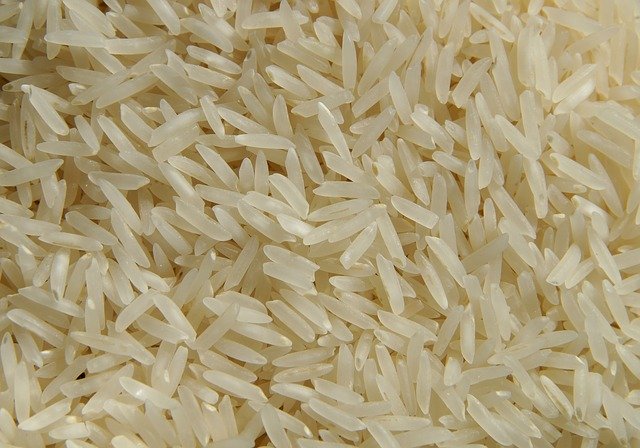





















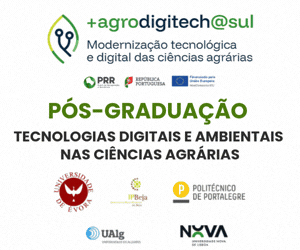









Discussão sobre este post